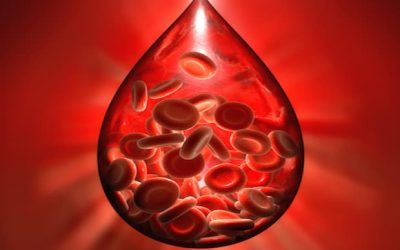New research from the University of Leeds New is challenging the blanket approach in the UK of prescribing beta blockers for all heart attack patients, after finding no short term survival benefit for those who don’t have heart failure.
In patients who suffer from heart failure beta blockers help to lower pressure and make the heart work more effectively, however they are linked with potentially debilitating side effects such as tiredness and dizziness.
The study looked at data on a subset of nearly 180,000 patients – garnered from the Myocardial Ischaemia National Audit Project – who had a heart attack but did not suffer heart failure or left ventricular systolic dysfunction (LVSD).
The analysis, published in the American Journal of Cardiology, showed no significant difference in mortality in this group of patients between those with and without beta-blocker use up to one year after the heart attack.
Given that around 95 percent of such heart attack patients are treated with beta blockers, the study findings raise the question of whether these drugs are being unnecessarily prescribed at a cost to both the patient and the NHS, and whether a more personalised approach is needed.
However, lead investigator Marlous Hall also stressed that the study was observational in nature and that a randomised clinical trial is now needed to confirm the findings.
“A trial would allow researchers to substantiate these findings and also look at other outcomes, such as whether beta blockers prevent future heart attacks. This work would have implications for personalising medications after a heart attack,” he said.









